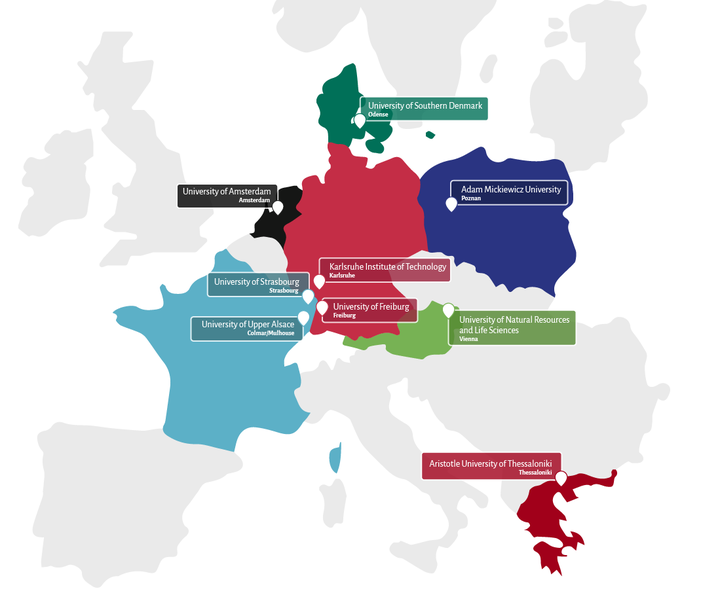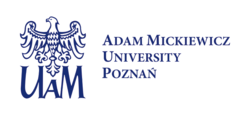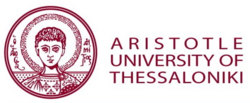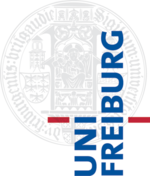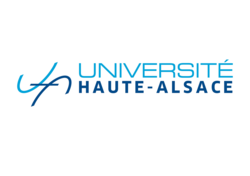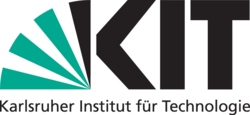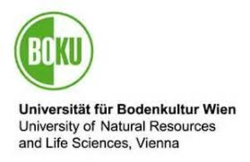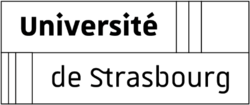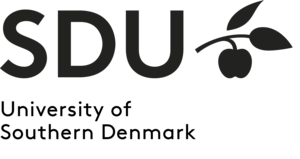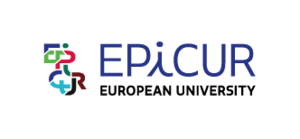
EPICUR (European Partnership for an Innovative Campus Unifying Regions) is a first-generation (2019) alliance of European universities, winner of the European Commission's call for projects under the Erasmus+ programme. With other 49 alliances, EPICUR is looking for new ways of long-term cooperation for education, research and innovation across Europe. The alliance is made up of 9 European higher education and research institutions and is led by the University of Strasbourg.

